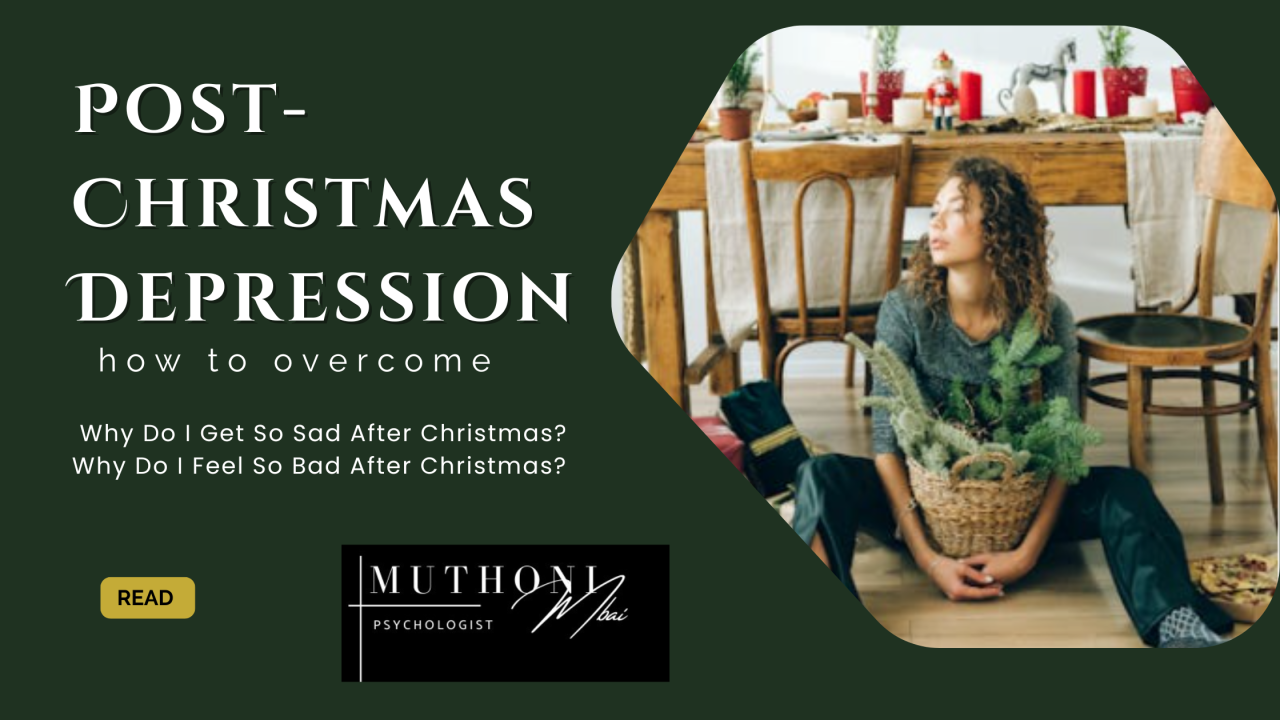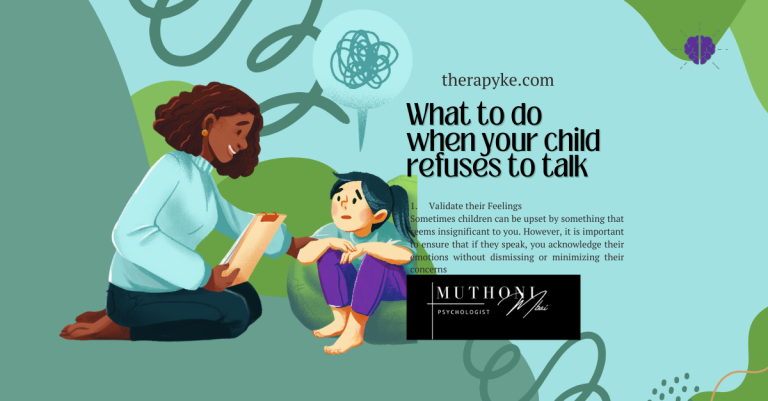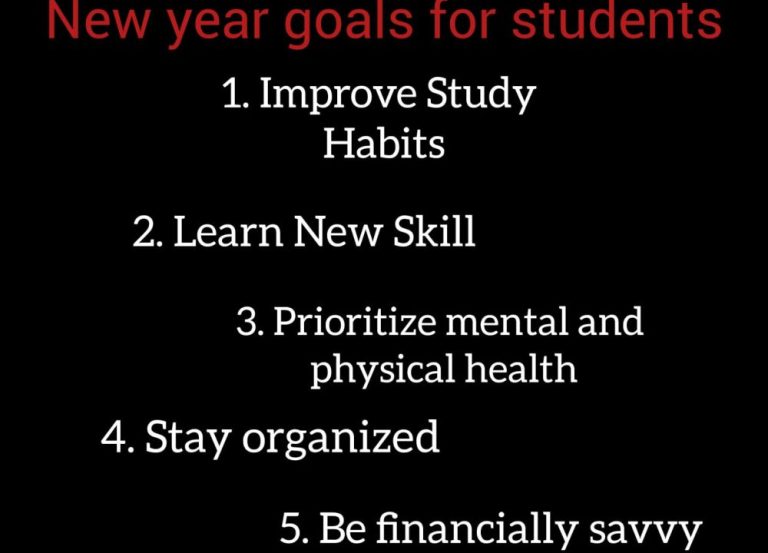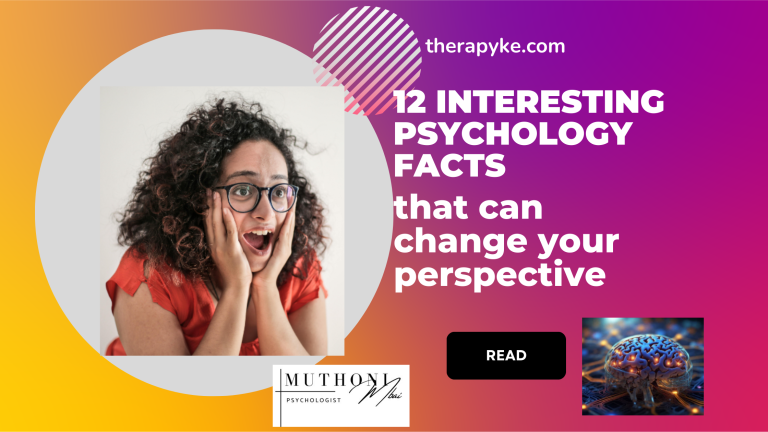
Post-Christmas Depression – how to overcome

The holiday season is a time of joy, connection, and celebration for many. However, as the festive cheer fades and the decorations come down, you may experience a significant dip in mood—a phenomenon commonly referred to as post-Christmas depression.
If you’ve ever found yourself feeling low after the holidays, know that you’re not alone, and there are ways to navigate these emotions effectively.
At Therapyke.com, we understand how difficult this time can be. Whether you’re looking for immediate support or long-term therapy, we’re here for you. You can book sessions even during this festive season to begin addressing your feelings and building resilience for the months ahead.
Why Do I Feel So Bad After Christmas?
The post-Christmas period often brings a stark contrast to the bustling holiday atmosphere. During Christmas, people are surrounded by lights, music, food, and family gatherings. Once the festivities end, life can feel quieter and lonelier. This sudden shift can leave many feeling empty and unmotivated.
Financial strain is another contributing factor. You might have overspent during the holidays, leading to stress when the bills arrive in January.
Additionally, the pressure to create perfect memories during the holiday season can take an emotional toll, leaving individuals feeling disappointed if their expectations weren’t met. The combination of these factors can create a perfect storm for post-Christmas depression.
Why Do I Get So Sad After Christmas?
The sadness that follows Christmas is often linked to the psychological and physiological effects of the holiday season. During the holidays, we often experience heightened emotions, both positive and negative.
The anticipation, planning, and celebrations involve a surge of adrenaline and endorphins, which can crash once the excitement is over.
The lack of structure after the holidays also plays a role. For weeks, many of us have been immersed in a whirlwind of events, shopping, and parties. When that structure disappears, it can leave us feeling aimless and sad.
Additionally, the long, dark winter days that follow Christmas can exacerbate feelings of melancholy, particularly for those prone to seasonal affective disorder (SAD).
What Is the Post-Holiday Syndrome?
Post-holiday syndrome refers to the mix of physical, emotional, and psychological symptoms people experience after a period of extended celebration. This syndrome is not exclusive to Christmas and can occur after vacations, weddings, or other significant life events.
Symptoms include fatigue, irritability, low energy, and feelings of sadness or dissatisfaction.
The key difference with post-Christmas depression is the added societal and cultural weight of the season. For many, Christmas symbolizes hope, renewal, and family—and the abrupt end of these heightened expectations can leave a void.
Recognizing this syndrome is an important step toward addressing it effectively and regaining a sense of normalcy.
How Do You Overcome Christmas Depression?
Overcoming post-Christmas depression starts with acknowledging your feelings and understanding that they are valid. Here are some practical strategies to help you navigate this challenging period:
- Set Realistic Goals for January: Rather than diving into ambitious New Year’s resolutions, focus on small, attainable goals. Achieving these goals can create a sense of accomplishment and help you regain momentum after the holiday slump.
- Maintain a Healthy Routine: Getting back to a regular schedule can provide structure and stability. Focus on eating balanced meals, getting adequate sleep, and incorporating physical activity into your daily routine. Exercise, in particular, is a proven mood booster.
- Reconnect with Friends and Family: Just because the holidays are over doesn’t mean the connections you’ve built need to end. Schedule coffee dates, phone calls, or casual meet-ups to maintain your sense of community.
- Practice Gratitude: Reflecting on the positive moments from the holiday season can shift your focus away from what’s missing. Consider starting a gratitude journal to document things you’re thankful for each day.
- Seek Professional Help: If your feelings of sadness persist or worsen, it may be time to consult a therapist. Therapy can provide you with coping tools and strategies to manage your emotions effectively.
Check out our article on Types of Therapy for Depression to explore which approach might work best for you.
In addition to therapy, there are several resources that can help you manage post-Christmas depression. Apps like Headspace offer guided meditations and mindfulness exercises to reduce stress and improve your mood.
Final Thoughts
Post-Christmas depression is a common experience, but it doesn’t have to define the start of your new year. By understanding the reasons behind these feelings and taking proactive steps to address them, you can move forward with renewed hope and energy.
Remember, you don’t have to navigate this alone. Whether it’s during the festive season or the quieter days that follow, you can book a session and start your journey toward healing today. Let’s make this year a fresh start for your mental well-being.



